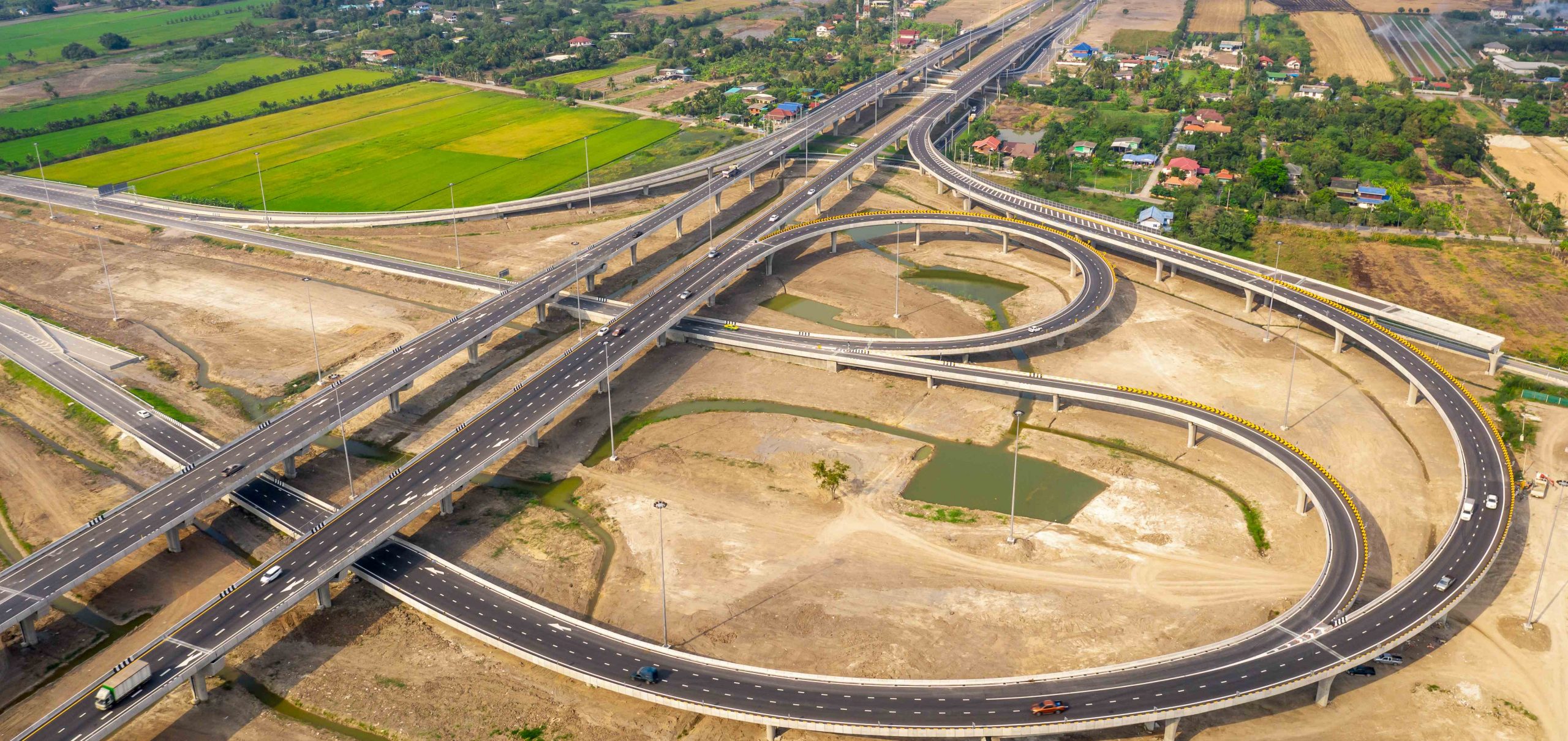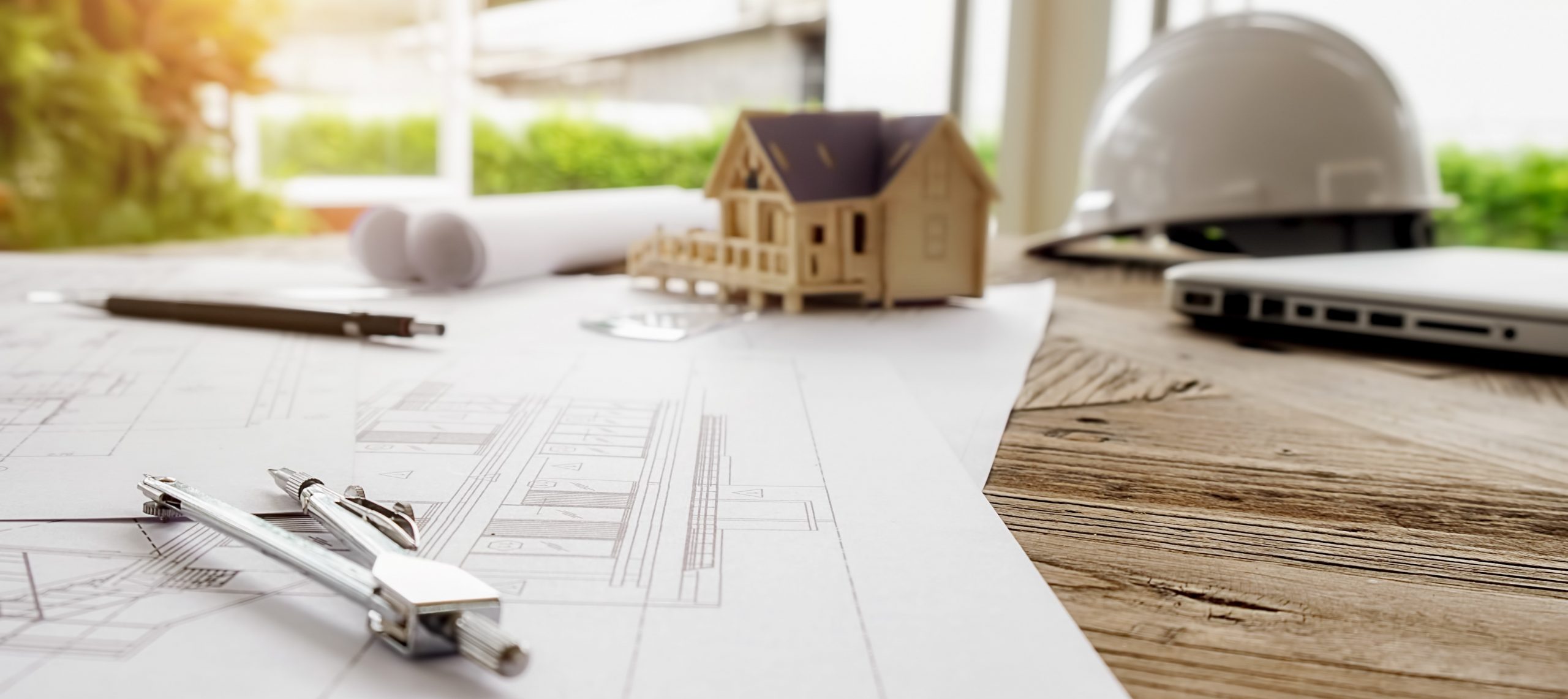1 - GENERAL INFORMATION AND DEFINITIONS
MESSE MUENCHEN DO BRASIL values the privacy of its users and has created this Privacy Policy to demonstrate its commitment to protecting their privacy and personal data, pursuant to the General Data Protection Act (LGPD) and other laws on the matter, as well as to describe how your privacy is protected by MESSE MUENCHEN DO BRASIL when collecting, processing and storing your personal information.
1.1 Definitions
User: all natural persons who use or visit the Website(s) and/or Application(s), being over eighteen (18) years of age or emancipated and fully capable of performing all acts of civil life, or those who are absolutely or relatively incapable persons and who are duly represented or assisted.
Personal Data: it shall mean any information provided and/or collected by MESSE MUENCHEN DO BRASIL, by any means, including public means, which: (I) identify, or which, when used in combination with other information handled by MESSE MUENCHEN DO BRASIL, may identify a individual; or (II) from which an individual’s identification or contact information may be obtained. Personal Data may be in any medium or format, including electronic or computerized records, as well as paper-based files. Personal Data, however, do not include business phone numbers, business mobile phone numbers, business addresses, or business email addresses.
Purpose: the objective and purpose that MESSE MUENCHEN DO BRASIL wishes to achieve from each act regarding the processing of personal information.
Necessity: a justification as to why it is strictly necessary to collect personal data, in order to achieve the purpose, while avoiding excessive collection.
Legal basis: the legal foundation that makes the processing of personal data legitimate for a given prior purpose of MESSE MUENCHEN DO BRASIL.
Consent: the express and unambiguous authorization granted by the User holding the personal data so that MESSE MUENCHEN DO BRASIL is able to process their personal data for a previously described purpose, in which the necessary legal basis for the act requires the express authorization of the holder.
This policy applies, in general, to all Users and potential Users of the services offered by MESSE MUENCHEN DO BRASIL, including Users of websites or other media operated by MESSE MUENCHEN DO BRASIL and summarizes how MESSE MUENCHEN DO BRASIL may collect, produce, receive, classify, use, access, reproduce, transmit, distribute, process, archive, store, delete, evaluate or control information, modify, communicate, transfer, disseminate or extract the collected data, including personally identifiable information, accordingly with applicable legal bases and all applicable privacy and data protection laws.
By accessing and/or using the website of our events, the User declares to be at least eighteen (18) years of age and to have full and express capacity to accept the terms and conditions of this Privacy Policy and the Consent Agreement for all legal purposes. Relatively capable individuals, aged between sixteen (16) and seventeen (17) years of age, may enter the fairs, without the need for assistance or legal representation, having provided the appropriate contact information from those their guardians, solely for security purposes in guaranteeing the interests of the relatively capable persons.
In the event that the User does not fit the above description and/or does not agree, even in part, with the terms and conditions contained in this Privacy Policy, they should not access and/or use the services offered by MESSE MUENCHEN DO BRASIL, as well as the websites and services operated by it.
2 - COLLECTION AND USE OF PERSONAL INFORMATION
The User is aware that they are providing information consciously and voluntarily through forms or through the websites operated by MESSE MUENCHEN DO BRASIL.
When the User signs up and/or fills in forms offered by MESSE MUENCHEN DO BRASIL, including on the websites operated by it, certain Personal Data requested shall be kept confidential and shall be used solely for the purpose that motivated the registration.
3 - SHARING AND PROCESSING OF PERSONAL INFORMATION
MESSE MUENCHEN DO BRASIL may disclose the Personal Data collected to third parties, in the following situations and within the limits required and authorized by the General Data Protection Act (LGPD):
- With its customers and partners, where necessary and/or appropriate for the provision of related services;
- With companies and individuals hired to carry out certain activities and services on behalf of MESSE MUENCHEN DO BRASIL;
- With group companies, as well as the headquarters in Germany;
- With suppliers and partners to carry out the services contracted alongside MESSE MUENCHEN DO BRASIL (such as information technology, accounting, and others);
- For administrative purposes such as: research, planning, service development, security, and risk management.
- Where necessary as a result of a legal obligation, determination of a relevant authority, or a court decision.
In the event that any Personal Data is shared with third parties, all subjects mentioned in items 1 to 6 shall use the shared Personal Data consistently and in accordance with the purposes for which they were collected (or to which the User previously consented) and as determined by this Privacy Policy, other website or country privacy statements, and all applicable privacy and data protection laws.
4 - LEGAL REASONS FOR DISCLOSING YOUR DATA
In certain circumstances, MESSE MUENCHEN DO BRASIL may disclose Personal Data, to the extent necessary or appropriate, to government agencies, consultants and other third parties in order to comply with the applicable law or with a court order or subpoena, or in the event that MESSE MUENCHEN DO BRASIL believes in good faith that such action is necessary to:
- Comply with the legislation that requires such disclosure;
- Investigate, deter or take action related to suspected or actual illegal activities or to cooperate with public agencies or to protect national security;
- Execution of your contracts;
- Investigate and provide defense against any claims or allegations of third parties;
- Protect the security or integrity of services (for example, sharing with companies that are experiencing similar threats);
- Exercise or protect the rights, property and safety of MESSE MUENCHEN DO BRASIL;
- Protect the rights and personal safety of its employees, users, or the public;
- In case of sale, purchase, merger, reorganization, liquidation or dissolution of MESSE MUENCHEN DO BRASIL.
MESSE MUENCHEN DO BRASIL shall inform the respective Users of any legal demands that result in the disclosure of personal information, in accordance with what is provided in item 4, unless such awareness is prohibited by law or by a court order, or if the request is an emergency. MESSE MUENCHEN DO BRASIL may contest these demands if it deems that the requests are excessive, vague, or made by non-relevant authorities.
5 - SECURITY OF PERSONAL INFORMATION
All Personal Data shall be stored in the MESSE MUENCHEN DO BRASIL database or in a database maintained “in the cloud” by the service providers hired by MESSE MUENCHEN DO BRASIL, which are duly in accordance with current data legislation.
MESSE MUENCHEN DO BRASIL and its suppliers employ several security procedures to protect the confidentiality, security and integrity of your Personal Data, preventing the occurrence of any damages arising from the processing of such data.
Although MESSE MUENCHEN DO BRASIL uses security measures and monitors its system to check for vulnerabilities and attacks in order to protect its Personal Data against unauthorized disclosure, misuse or alteration, the User understands and agrees that there are no guarantees that the information cannot be accessed, disclosed, altered or destroyed due to breach of any of the physical, technical or administrative protections.
6 - DATA RETENTION
MESSE MUENCHEN DO BRASIL retains all data provided, including Personal Data, for as long as the User’s registration is active and as necessary to carry out its services.
MESSE MUENCHEN DO BRASIL shall retain your Personal Data and keep your data stored until it receives a request for deletion or in accordance with the deadlines defined by the LGPD.
MESSE MUENCHEN DO BRASIL may keep your Personal Data after receiving your deletion request or after the deadlines defined by the LGPD, if necessary to comply with legal obligations, resolve disputes, maintain security, prevent fraud and abuse, and ensure compliance of contracts.
7 - LEGAL BASIS FOR PROCESSING AND THE LGPD
THE MESSE MUENCHEN DO BRASIL declares that it complies with the current legislation and shall follow the provisions of the LGPD regarding the form of obtaining data from its registry database and necessary authorizations for the use, transfer and commercial exploitation of data subject to control by such legal text.
MESSE MUENCHEN DO BRASIL handles Personal Data only in situations where it is legally authorized to do so or through its express and unambiguous consent from the User.
As described in this Policy, MESSE MUENCHEN DO BRASIL has legal bases to collect, produce, receive, classify, use, access, reproduce, transmit, distribute, process, archive, store, delete, evaluate or control information, modify, communicate, transfer, disseminate or extract data about the User.
The legal bases include your consent (expressly and unambiguously collected in the Consent Form), contracts and preliminary contractual procedures (in which processing is necessary to enter into the contract with the User) and legitimate interests, provided that such processing does not violate your rights and freedoms, in accordance with the General Data Protection Act (LGPD).
Such interests include protecting the User and MESSE MUENCHEN DO BRASIL from threats, complying with applicable legislation, regular exercise of rights in judicial, administrative or arbitration proceedings, enabling the performance or administration of business, including quality control, reports and services offered, managing business transactions, understanding and improving business and customer relationships, and enabling users to find cost-effective opportunities.
The credit or debit card numbers provided by the User are used on a third-party platform, which are the result of partnerships contracted by MESSE, only in the processing of payments for the Services provided, not being stored in a database, such security responsibility lying with the respective service providers.
MESSE MUENCHEN DO BRASIL may maintain and process the User’s personal data throughout the period in which the data is relevant to the achievement of the stated purposes. Anonymized personal data, without the possibility of association with the individual, may be kept for an indefinite period.
The User is entitled to obtain from MESSE MUENCHEN DO BRASIL, in relation to the data processed by it, at any time and upon request: I – confirmation of the existence of processing; II – access to data; III – correction of incomplete, inaccurate, or outdated data; IV – anonymization, blocking or deletion of unnecessary, excessive or processed data in breach of the provisions of Act 13,709; V – data portability to another service or product supplier, upon express request and in compliance with commercial and industrial confidentiality, in accordance with the regulation of the controlling agency; V – data portability to another service or product provider, upon express request, in accordance with the regulations of the national authority, in compliance with commercial and industrial confidentiality; VI – deletion of personal data processed with the consent of the holder, except in the cases provided in Article 16 of Act 13,709; VII – information on public and private entities with which the controller has shared the data; VIII – information on the possibility of not providing consent and on the consequences of denial; IX – revocation of consent, pursuant to section 5 of Article 8 of Act 13,709 of 2018, General Data Protection Act (LGPD).
MESSE MUENCHEN DO BRASIL shall not process the personal data of children and adolescents, except when performed in its best interest, with the specific consent of parents or guardians, unless the collection and processing of data is necessary to contact the parents or the legal guardians, pursuant to the General Data Protection Act (LGPD).
The User has the right to deny or withdraw the consent provided to MESSE MUENCHEN DO BRASIL, when this is the legal basis for processing personal data, and MESSE MUENCHEN DO BRASIL may terminate the provision of its services for such user in the event of occurrence of such request.
If you have any questions regarding the legal bases for collecting, processing and storing your personal data, please contact MESSE MUENCHEN DO BRASIL and your Data Protection Officer via email to dpo@mm-br.com.
8 - RIGHT TO ACESS AND CONTROL YOUR PERSONAL DATA
MESSE MUENCHEN DO BRASIL offers the User several options of what to do with their Personal Data that are collected, processed and stored, including their deletion and/or correction. The User is able to:
- Delete data: The User may request the deletion of some of their Personal Data (for example, if they are no longer required to ensure provision of the services);
- Change or correct data: The User may edit or request the editing of some of their Personal data. The User may also request updates, alterations or corrections to their data in certain cases, especially if they are incorrect;
- Place objections, limits or restrictions on the use of data: The User may request the interruption of the use of all or some of their Personal Data (for example, if we do not have the right to continue using them) or limit our use of such data (for example, if their Personal Data are incorrect or illegally stored), it being noted that MESSE MUENCHEN DO BRASIL may handle Personal Data in accordance with the listed legal bases.
- The User has the right to access or take their data: The User may request a copy of their Personal Data and the data that the User has provided in a readable format in printed form or by electronic means.
The User may make the requests listed above by contacting our Data Protection Officer via email to dpo@mm-br.com. These requests shall be considered in accordance with the applicable laws.
9 - POLICY REVIEWS
In the event that MESSE MUENCHEN DO BRASIL modifies this Privacy Policy, such changes shall be posted visibly on the MESSE MUENCHEN DO BRASIL website and at its events. In the event that the User has any questions regarding the website’s privacy policies, please contact MESSE MUENCHEN DO BRASIL through the addresses below or on the Data Protection Officer’s service channel.
10 - TERMS AND CONDITIONS OF USE OF THE PLATAFORM
The following terms apply to online ticket purchases and sale contracts between MESSE MUENCHEN DO BRASIL FEIRAS LTDA. and its customers. In this context, the exclusive business terms and purchase and sale terms of customers are excluded. Any changes to the terms of purchase and negotiations shall only be valid if confirmed in writing by MESSE.
10.1 Agreement execution
The offer presented to the customer, whether in exhibition agreements or ticket orders, shall be binding and shall occur upon submission of the purchase order, pursuant to Article 427 of the Civil Code. The agreement shall be executed upon receipt of payment by MESSE MUENCHEN DO BRASIL, the customer waiving their right to receive an express acceptance of their order.
A copy of the agreement shall be provided to the customer upon completion of the order, and the instrument can be consulted at any time.
10.2 Compliance with the agreement by customer
Ticket prices displayed on our website at the time of the order shall be the definitive prices. Payment must be made immediately to the third-party payment service provider upon execution of the agreement and may be made by bank transfer, credit card or direct debit to your account. MESSE MUENCHEN DO BRASIL shall accept the brands listed on the website, subject to the rules of the third-party payment service provider. The performance of the agreement shall not be carried out until Messe effectively receives the amounts payable.
10.3 Compliance with the agreement by MESSE MUENCHEN DO BRASIL FEIRAS LTDA.
The customer shall receive an email containing the ticket for printing. Access to the respective event shall be possible only upon presentation of the ticket. After purchase, tickets are non-refundable, subject to the rules of the third-party payment service provider. Regarding agreements with exhibitors, an email shall be sent for confirming and hiring the services.
10.4 Cancellation of the Agreement by the customer
The cancellation of transactions may be carried out within seven (7) days after the purchase, without justification, due to the exercise of the right of repentance, by informing MESSE MUENCHEN DO BRASIL of your desire to exercise your waiver rights through the communication channel available on the portal. The term shall be counted as from receipt, by MESSE, of the amount due as a result of the purchase, subject to the rules of the third-party payment service provider.
In the event of cancellation of the transaction and refund of payment, tickets shall be canceled and entry into the event shall not be allowed. The amounts paid shall be fully returned within a maximum period of seven (7) days, subject to the rules of the third-party payment service provider.
10.5 Liability
MESSE MUENCHEN DO BRASIL shall be liable for any breach of contract or damage caused by malfeasance or gross negligence in the negotiations. In situations of minor fault, MESSE MUENCHEN DO BRASIL shall be liable only in case of breach of major contractual obligations, in particular the core obligations of the agreement.
MESSE MUENCHEN DO BRASIL shall not be held liable for damages resulting from the exclusive fault of the customers, as well as for damages resulting from death, physical injuries or health issues caused by breach of the obligations by the customer or its agent or legal representative.
10.6 Communication
MESSE shall provide its customers with an effective communication channel through its website, on which users’ demands can be serviced. Requests and requests for clarification shall be answered within a maximum period of five (5) days.
10.7 Jurisdiction
The rules of Brazilian law shall apply, in particular of the Civil Code, except in the case of an express contractual clause that chooses a foreign jurisdiction.
Furthermore, the laws of other states shall be promptly waived.
11 - CONTACT
MESSE MUENCHEN DO BRASIL has appointed its Marketing Manager Fernanda Oliveira as Data Protection Officer (“DPO”). The User may contact DPO at the following physical address or via email to dpo@mm-br.com.
12 - INFORMATION
MESSE MUENCHEN DO BRASIL FEIRAS LTDA. is a limited liability company registered in the CNPJ/ME under No. 27.245.954/0001-10, Municipal Registration-SP No. 5.704.854-1, headquartered at Av. Francisco Matarazzo, 1752 – Cj. 1207, CEP: 05001-200, District of Água Branca, in the city of São Paulo, State of São Paulo, Brazil, with Mr. Rolf Pickert as the legal representative of the company.
12.1 Copyright
Copyright 2021. MESSE MUENCHEN DO BRASIL FEIRAS LTDA. All rights reserved. All text, artwork, graphics, audio, video and animated files, as well as their uses shall be subject to copyright and other intellectual property protection laws. They may not be copied or altered for commercial or transmission purposes, or otherwise used on other websites.
12.2 Trademark
Unless otherwise indicated, all brands mentioned on the website of MESSE MUENCHEN DO BRASIL FEIRAS LTDA. are legally protected trademarks of the company.
12.3 Links and external references
This website contains links to other websites. We check these websites carefully. Nevertheless, Messe Muenchen do Brasil Feiras Ltda. cannot be held liable for the content of these linked websites. Additionally, Messe Muenchen do Brasil Feiras Ltda. cannot be held liable for the content of websites that link to or refer to us.
Therefore, the following shall apply to all links: “Messe Muenchen do Brasil Feiras Ltda. has no influence on the design and content of third-party websites. Therefore, Messe Muenchen do Brasil Feiras Ltda. expressly distances itself from all content on third-party websites, even if the website of Messe Muenchen do Brasil Feiras Ltda. includes links to these sites.”
This statement applies to all links posted on our website. It also applies to all Messe Muenchen do Brasil Feiras Ltda. websites, including all social media channels such as Facebook, Instagram, LinkedIn, etc.
12.4 WebmasterIf you have any questions, suggestions or complaints about our website, please contact us at contato@mm-br.com.






